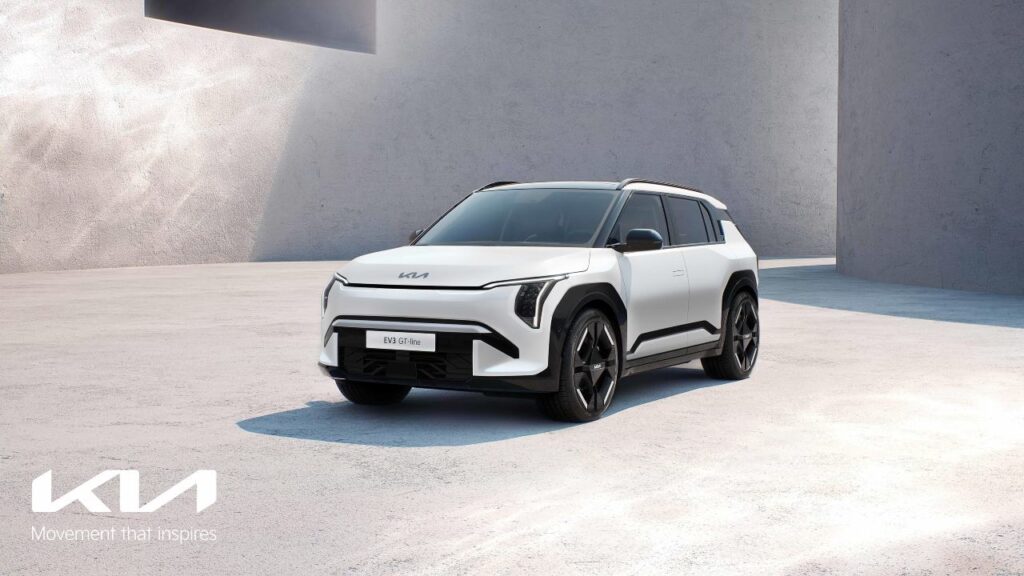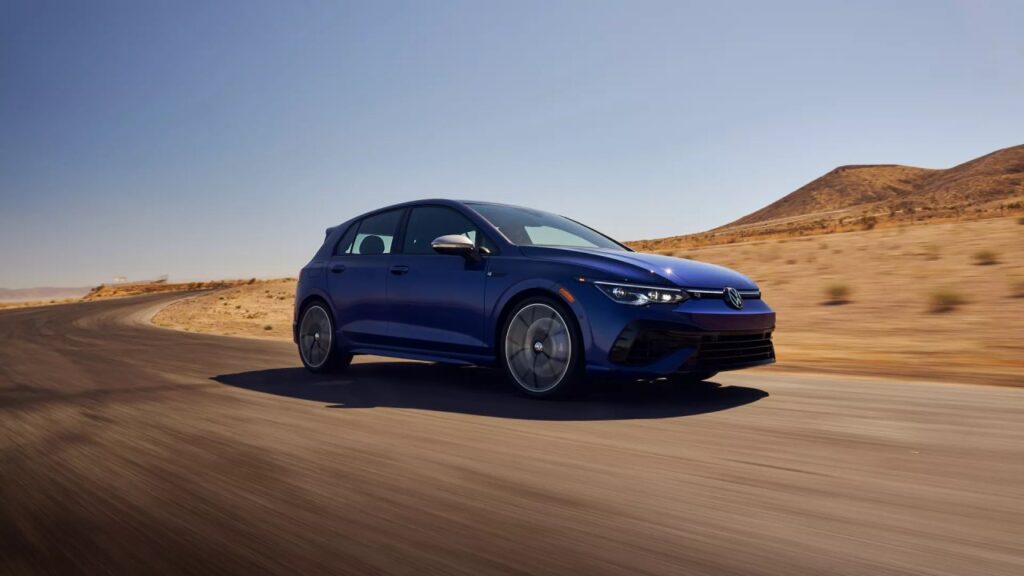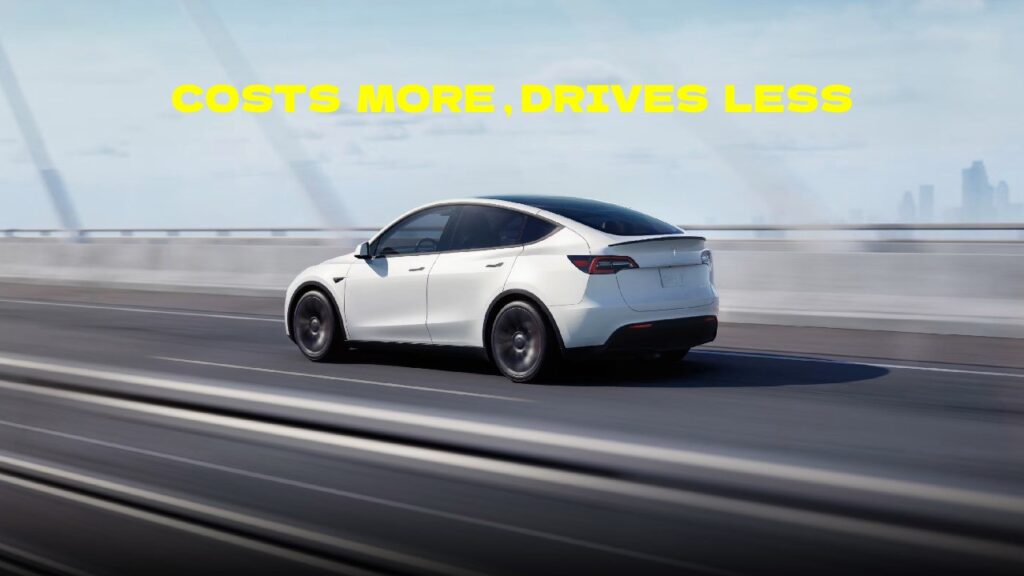A new poll interacts with 6,265 people to discuss their views on owning EVs, along with challenges associated with it.
As per the latest survey, potential EV owners highlight range anxiety and high initial costs as top reasons for the reluctance to purchase an electric car. This poll was conducted by The Associated Press-NORC Center for Public Affairs Research and the Energy Policy Institute at the University of Chicago. Interestingly, the results resemble the concerns of people from last year. It brings forth the challenges in front of President Biden’s plans to boost EV sales. This poll even suggests that people are still more likely to consider plug-in hybrids.

You might also like: Average Gas Cars More Expensive Than Long-Range EVs – Study
Range Anxiety and High Costs Stand Against EV Sales
The survey shows that only 9% of participants currently own an electric. However, 13% own or lease a gas-hybrid vehicle. Moreover, about 4 in 10 U.S. adults say they would be at least somewhat likely to buy an EV the next time they buy a car. On the other hand, 46% say they are not too likely or not at all likely to purchase one.
Note that the Environmental Protection Agency requires that about 56% of all new vehicle sales be electric by 2032, as per the new rule. In addition, at least 13% must be plug-in hybrids or other partially electric cars. The possibility of young people buying an EV is higher than those over 45. Only 21% of U.S. adults say they are “very” or “extremely” likely to buy an EV as their next car.
The major reasons for people not as into EVs as anticipated include range anxiety and high initial costs. We know that the average price for a new electric car in the U.S. was $52,314 in February, as per Kelley Blue Book. While this is 12.8% lower than last year, it is still higher than the average price of all new vehicles, $47,244. Due to this reason, 6 out of 10 adults cite cost as the prime reason why they would not opt for an EV as their next car.
One of the participants of this survey, Caleb Jud from Cincinnati, is leaning towards buying a plug-in hybrid instead of an EV. He states, “The thought of getting stuck in the driveway with an EV that won’t run is worrisome, and I know it wouldn’t be an issue with a plug-in hybrid.” This is in reference to the performance of electric car batteries in cold weather conditions. Also, people not living close to a charging station cite it as a major hurdle preventing them from contemplating an EV.

You might also like: Jeep Plans To Increase Its PHEV Sales By 50% In 2024
Learn Electric Cars Says
Even though EV sales have been rising rapidly and the costs of Lithium-ion batteries are coming down steadily, regular folks still don’t buy into the idea of purchasing an electric car. We must understand that the initial wave of EVs was driven by the relatively affluent people in society everywhere across the globe. That is why sales have risen so rapidly in the last few years. However, we are at a point where a slowdown is expected. This is particularly true for the largest markets including the U.S., China and Europe.
To bring new buyers on board, affordable mass-market EVs are the need of the hour. On top of that, rapid development of charging infrastructure is imperative. The government subsidies and incentives are already in place. All these factors need to combine to result in a boost in EV sales going forward. We see many carmakers working in this direction. Affordable EVs are the next big target for legacy, as well as new carmakers to spur demand.


Pingback: How Far Can The Hyundai Ioniq 6 Travel At 0% SoC?